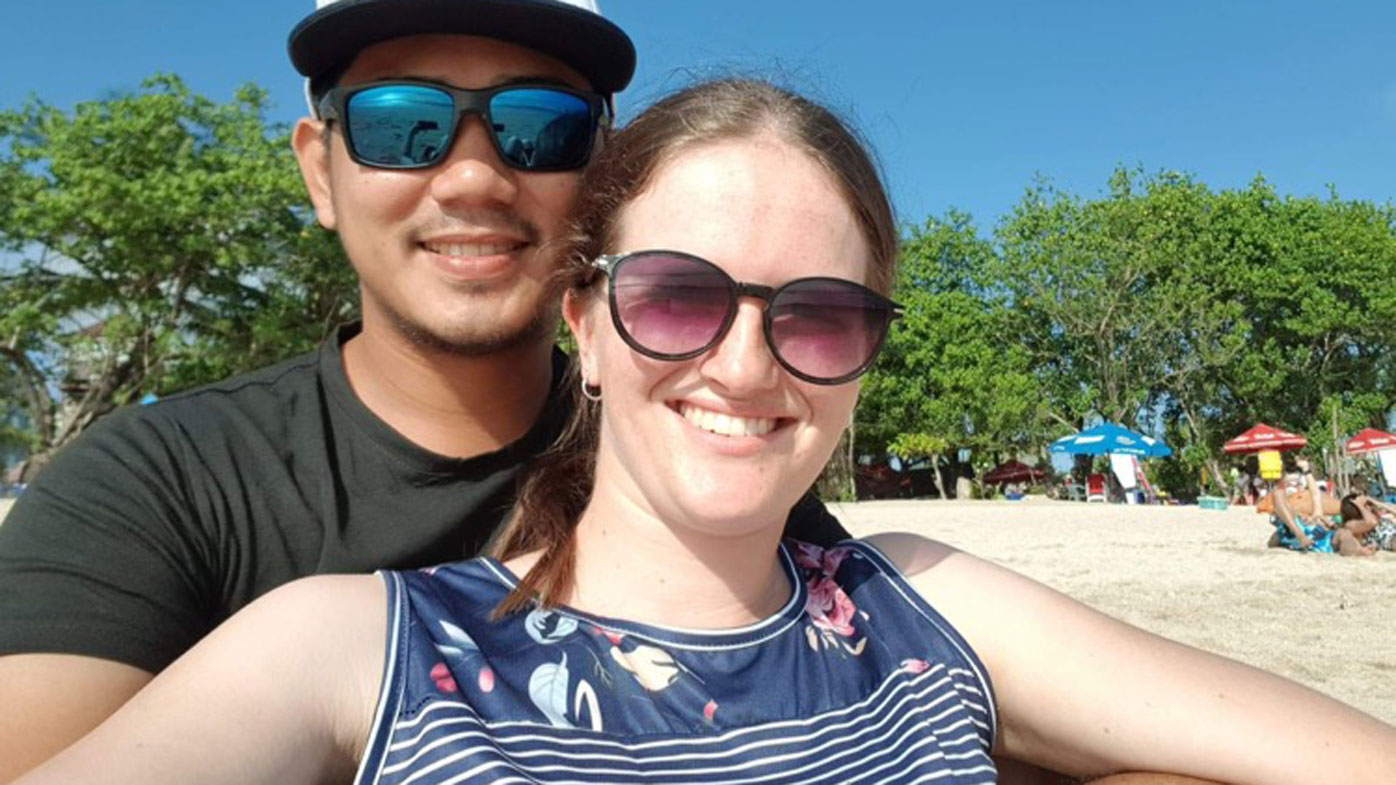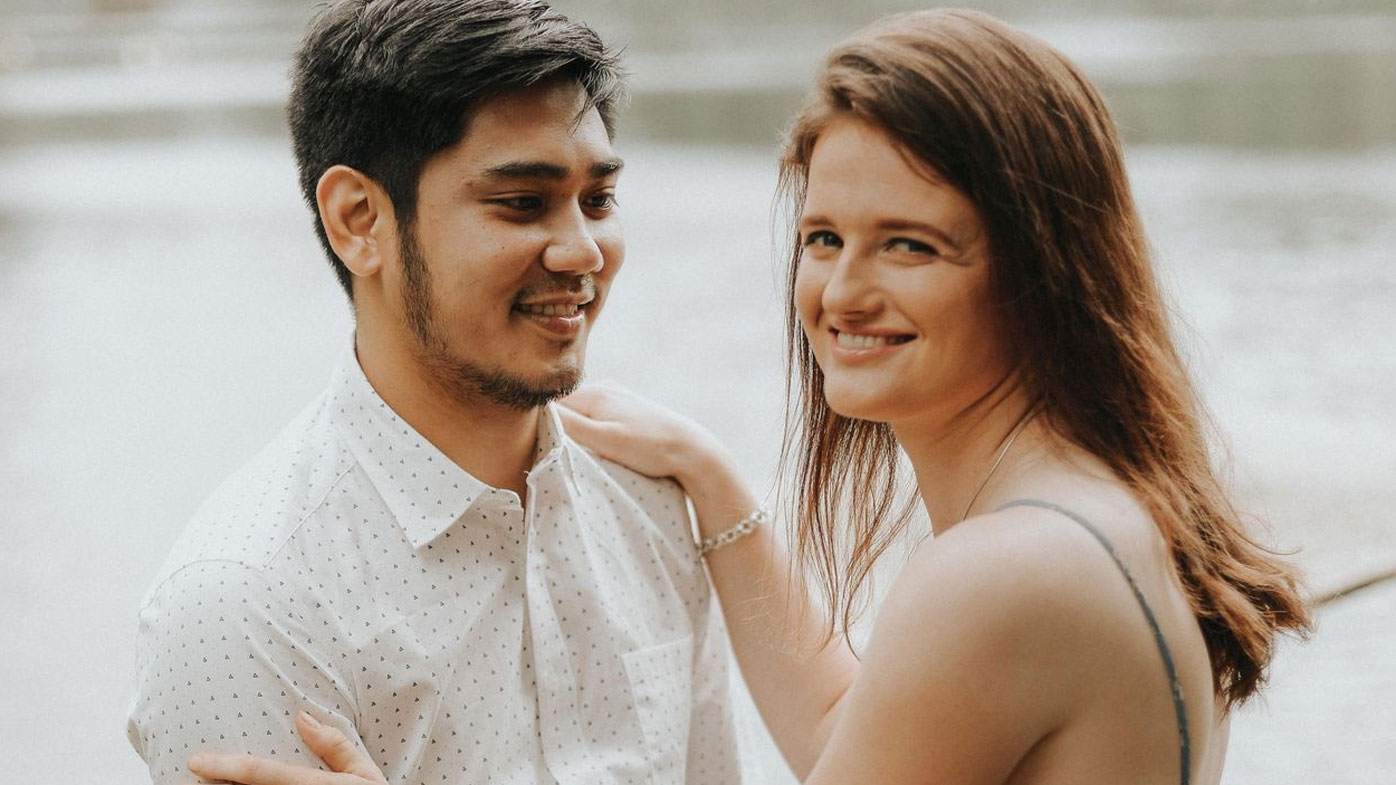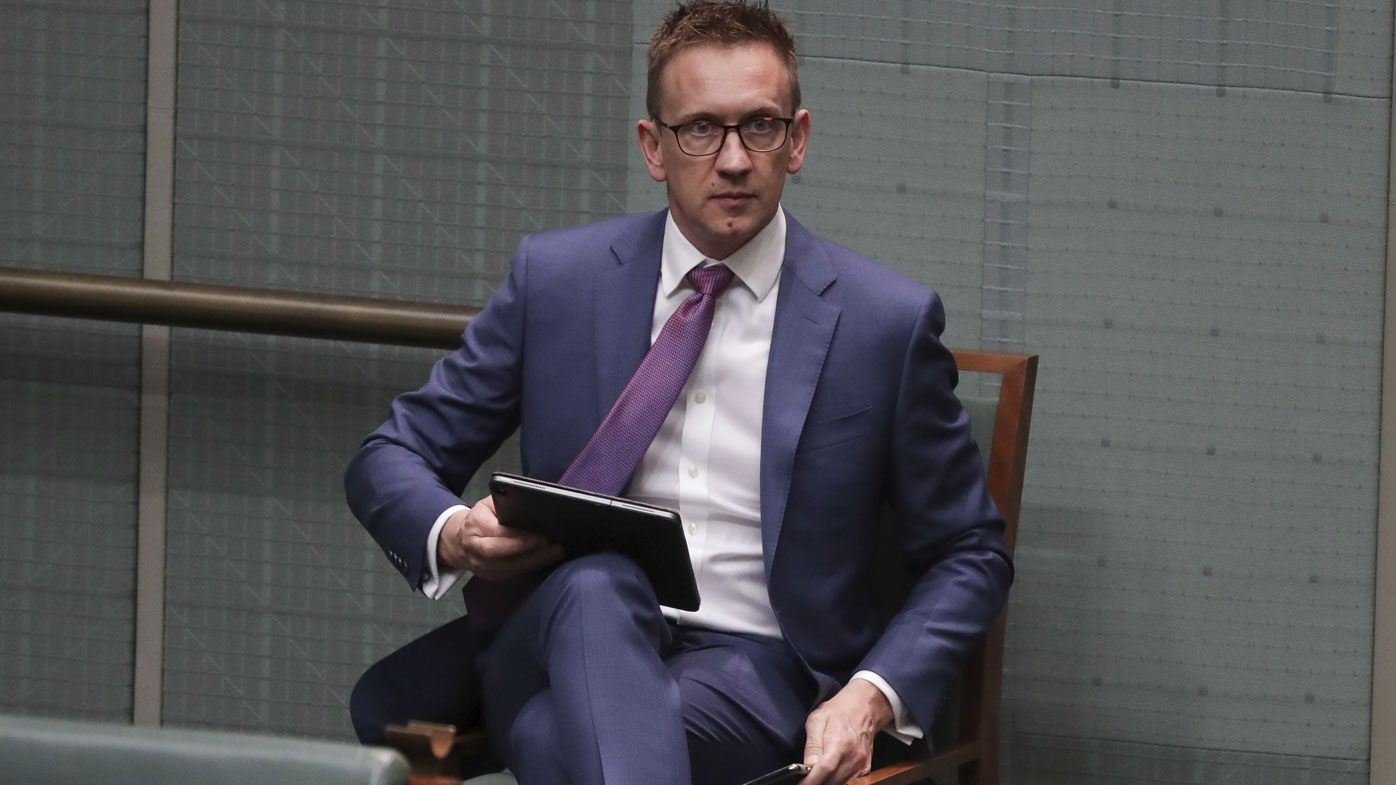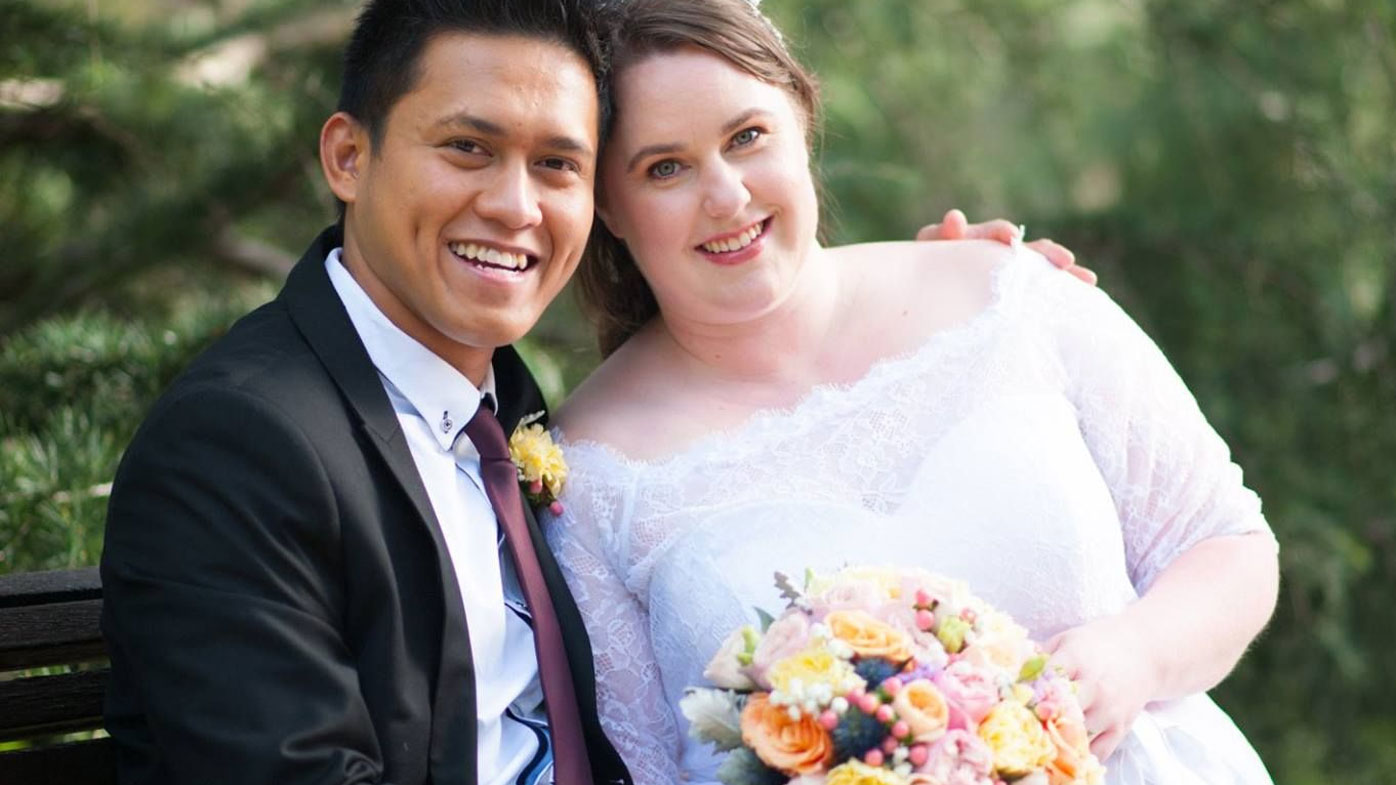For more than two years, Britney Plug has been waiting to start her life with her fiancé Keno Gonzales.
They have been waiting to get married here in Australia; waiting to start a family.
"My whole life is on hold at the moment, we are in limbo and we have no idea when it's going to end," she says.
The pair applied offshore for a prospective marriage visa for Mr Gonzales, who is from the Philippines, in July 2018, joining a queue which has ballooned out to 100,000 people waiting for partner type visas.
Those applying for an Australian partner visa can now expect to wait an average of two years, and pay about $8000, with many forking out thousands more in migration agent fees.
It's one of the slowest and most expensive visa processes in the world.
In the UK, 90 percent of family visas are processed within three months at a cost of about $2700.
Meanwhile, New Zealand partner visas cost about $2000 and 90 percent are processed within 13 months. In the US, the wait time for a fiancé or fiancée visa is 14-24 months and the cost $2100.

The growing backlog of people waiting for partner visas was the subject of heated debate in parliament yesterday, following a motion from Labor MP for Bruce, Julian Hill, who called for greater transparency of the process and alleged the government was illegally capping partner visas.
The Federal Government is able to set a total cap on the number of visas it grants from all visa categories - last year the cap was 160,000.
However, the Migration Act doesn't allow for the capping of partner visas. The government denies it caps partner visas, instead saying it is guided by "planning levels".
'I'll do whatever it takes to get him here'
Ms Plug, who lives in Perth, first met Mr Gonzales on Facebook through a mutual friend in 2016.
"I'm not usually a Facebook stalking type of person … but I've always wanted to visit the Philippines and I was asking him where he was from. We just struck up a friendship which turned into a relationship when I went over there to meet him in person," she said.
The relationship soon got serious, and 10 months later, Ms Plug and her family went on a holiday to Bali together with Mr Gonzales.
Ms Plug's trips overseas were the only way the pair could be together, with experts advising her it was extremely unlikely Mr Gonzales would be granted a tourist visa.
"We were told by a migration agent to not even apply for a tourist visa because he comes from a country with such a low socio-economic background. He would be a flight risk," she said.

Instead, they applied for a prospective marriage visa, all up spending $10,000, including the migration agent's fees.
"It's been hard financially, very hard. I'm still living at home with my parents so that I can save," Ms Plug said.
"I work as a manager at McDonald's so I'm on a relatively low income. I have scraped together every cent that I could to do this and to build up a savings account. That's what I have been working on all of this time."
The couple received promising news in February when they were told they had been assigned a case manager by the Department of Home Affairs.
"What that means is that your application is off the proverbial queue and is actually getting looked at," Ms Plug said.
"Our agent said it would only be a couple of months before we saw an approval and he would be here. We were getting really excited."
Then came a cruel blow, with the pandemic halting the entire process.
Under COVID travel restrictions, the government isn't allowing anyone to travel to Australia on a prospective marriage visa.
"It just came crashing down about May and I've been struggling to get back on my feet mentally since then," Ms Plug said.
Ms Plug said she was trying not to give up hope, while also deal with the anxiety of not knowing what her future with her fiancé held.
"As hard as it is I still need to keep going, I'm trying to not let it affect my work and my life because I have to keep living," she said.
"But on the other side, I will do whatever it takes to get him here, whatever it takes."
'Australians love who they love'
Speaking in parliament yesterday, Mr Hill said the government needed to urgently address the "perverse consequences of COVID-19 related border restrictions on partner visas" and the increasing backlog of partner visa applications in general.

"Australians love who they love, and it has always been part of modern Australia that people fall in love, marry people from overseas and build a life here," Mr Hill said.
"Yet right now, as we debate this motion, the lives of nearly 100,000 Australians are in limbo, desperately waiting for years for this miserable government to grant their partner visas.
"Australian couples are suffering, separated for years and hearts pining. Relationships are now stressed or broken as waiting times continue to increase."
In response to Mr Hill's motion, coalition MPs accused him of politicising the issue.
Liberal MP Julian Leeser, who chairs the Joint Standing Committee on Migration, said COVID travel restrictions had made it harder for all people, even Australians, to enter Australia, and all the offices of MPs were being inundated with tales of woe.
Mr Leeser said 39, 918 partner visas were granted in 2018-2019. It was, he said, a significant figure.
"I think that this indicates we actually have a high number of people successfully obtaining partner visas each year," he said.
"I want to make clear that, contrary to what the member for Bruce has implied, the partner visa program isn't capped."
Thousands of visa hopefuls sign petition
Melbourne woman Amelia Elliot, who has been waiting 23 months for a partner visa for her Filipino husband Bowie Domingo, lodged a parliamentary petition last month, in a bid to draw attention to the issue.
The petition has so far attracted more than 6,000 signatures.

Ms Elliot sold her apartment to pay for the costs of multiple visitor visas, the partner visa application, migrations agent fees and flights.
All up, Ms Elliot estimated she had spent about $30,000 over the years to be with Mr Domingo.
Because Mr Domingo applied for his visa offshore but is currently in Australia, it also meant he would need to fly home in the middle of the pandemic just to accept the visa, before returning to Australia, Ms Elliot said.
"I'll have to get him a business class seat for him not to get bumped off the flight, then pay quarantine, that's going to set me back $7000 again," she said.
Visitor visa restrictions mean Mr Domingo is unable to work while he is in Australia.
Despite being exhausted, Ms Elliot said she was determined to find a way to be with her husband.
"You can't limit the lives of Australians. This is who we love, and regardless of the backlog we will push through," Ms Elliot said.
"Because we love our spouses, we will do anything to survive this. I think we probably have some of the strongest relationships in the world because a lot of people just could not go through this.
"It's not going to stop us from getting them to migrate. It's just when they finally get here our pockets will be empty and we will be traumatised… but maybe, finally, we can start our lives."
Contact reporter Emily McPherson at emcpherson@nine.com.au
from 9News https://ift.tt/32MVo6I
via IFTTT


0 Comments